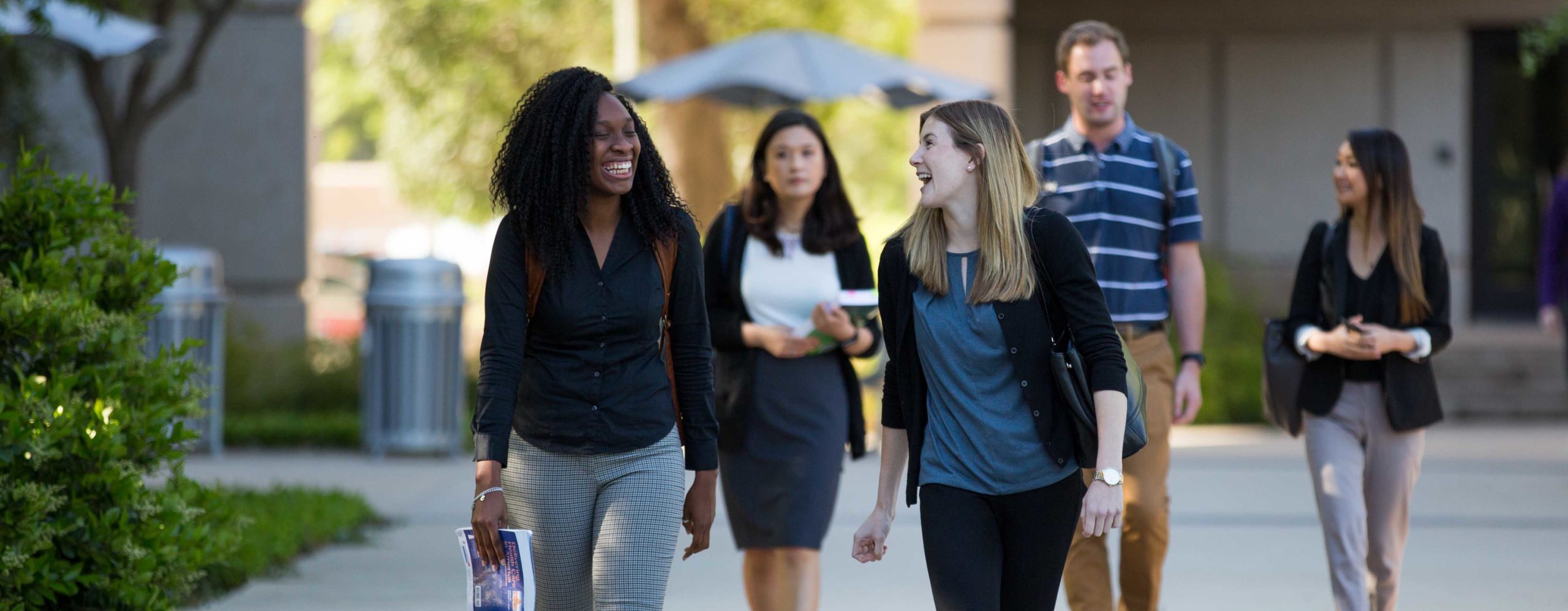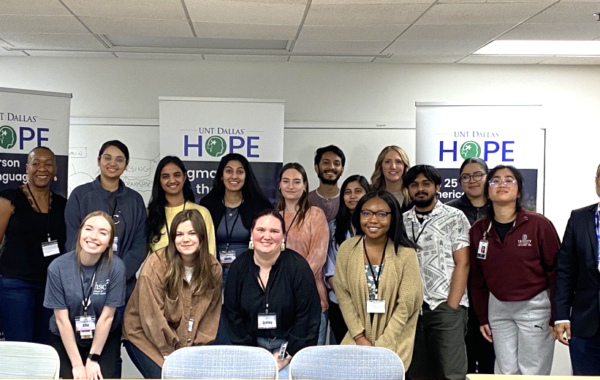Careers You Can Pursue After Community Health Colleges
Careers You Can Pursue After Community Health Colleges
Blog Article
Careers You May Follow Following Public Wellness Colleges
Community wellness schools perform a crucial position in shaping the future of global wellness by equipping a new era of professionals with the knowledge and abilities to handle pressing wellness challenges. The ripple aftereffect of their benefits is seen in the progress of global healthcare systems and the implementation of impactful options in areas worldwide. public health colleges are evolving world wide wellness and fostering sustainable progress.

Providing Competent Community Wellness Experts
Public wellness colleges offer as hubs for establishing skilled experts essential in handling global wellness challenges. Through demanding academic applications, they make students to function in diverse roles such as for example epidemiologists, biostatisticians, health policy analysts, and world wide health advocates.
The curriculum often stresses useful experience, offering pupils opportunities to take part in real-world health initiatives. This process assures that graduates possess not just theoretical knowledge but also the hands-on expertise needed to address crises such as for example infectious illness episodes, maternal and kid health disparities, and serious illness management.
A written report suggests that people who have advanced public health levels subscribe to lowering baby mortality prices by 2-5% annually in low-income regions.
Operating Study and Innovation
Community wellness colleges are essential people in improving health-focused study and innovation. They frequently conduct studies on pushing considerations like infection avoidance, intellectual wellness, environmental health risks, and vaccine development. That research gives useful information that instructions evidence-based procedures and applications, straight impacting world wide health outcomes.
For example, data-sharing initiatives manufactured at these institutions have helped recognize styles in disease indication, leading to quicker answers to pandemics. Universities also collaborate with governments and NGOs to turn study findings into actionable, community-level wellness improvements.
Study results from community health institutions have paid off global malaria incidence by 27% over the past decade, producing safer populations in malaria-prone regions.
Strengthening Global Wellness Techniques
Effort is in the middle of public health. Applications in public wellness schools stress the importance of interdisciplinary teamwork in approaching healthcare disparities. Graduates frequently partner with global businesses to strengthen wellness programs in underfunded regions. They aid in teaching healthcare employees, optimizing healthcare distribution, and employing AI- and data-driven solutions for better wellness planning.
These efforts enhance the resilience and capacity of fragile health programs to resist future threats, making a sustainable structure for improved world wide health.
Making Relationships for Change

Community health colleges realize the energy of partners in tackling worldwide wellness disparities. By forging connections with worldwide institutions, nonprofits, and neighborhood organizations, they foster mutually helpful relationships. These alliances help the pooling of assets and the co-creation of programs to reduce inequality in healthcare access worldwide.
The Way Ahead
Public health colleges remain essential in developing worldwide wellness through competent experts, cutting-edge research, and cross-sector partnerships. Their initiatives continue steadily to chart a path toward the next where equitable healthcare is no aspiration but a reality for all.
Report this page